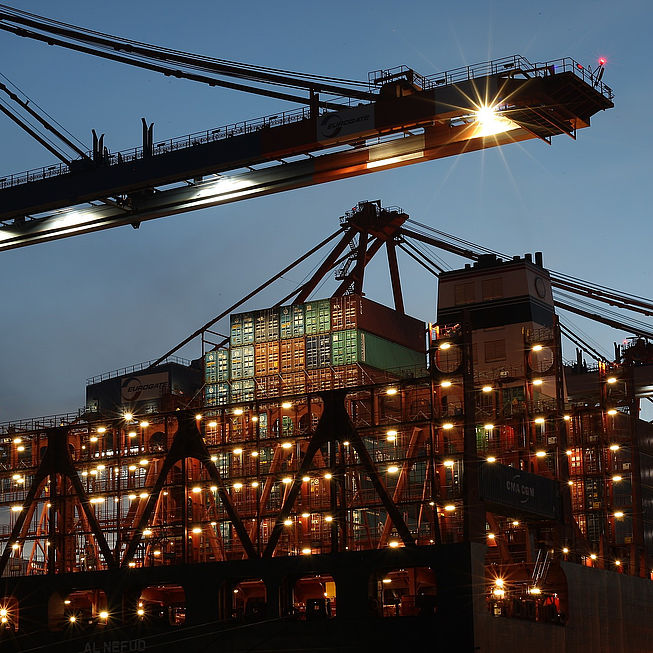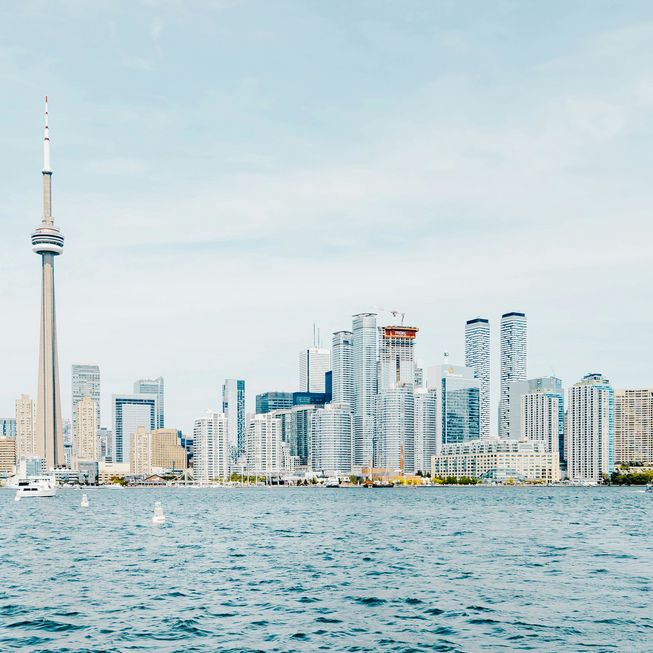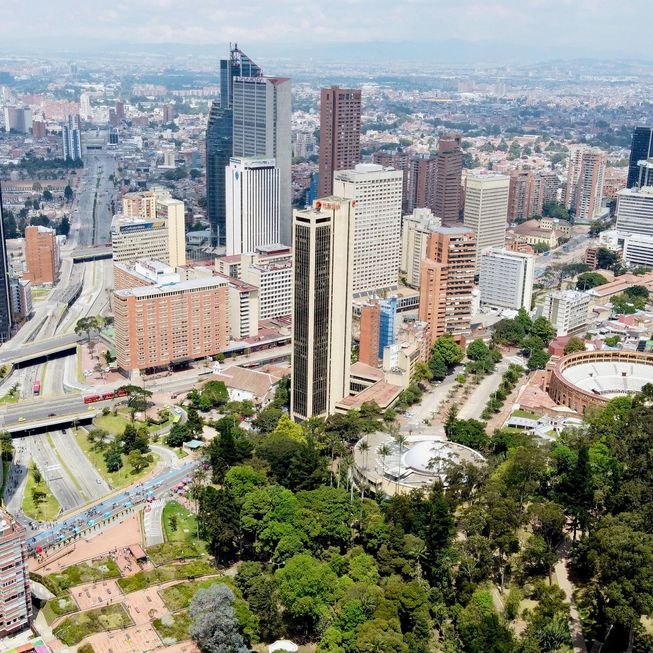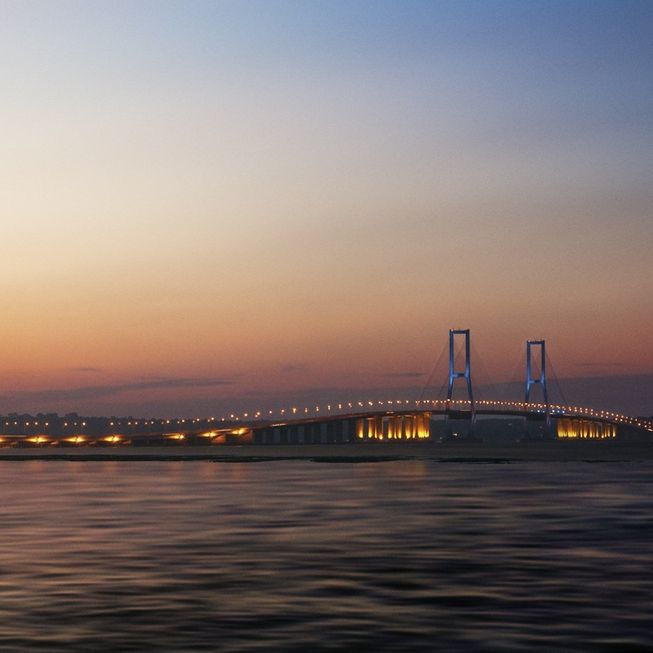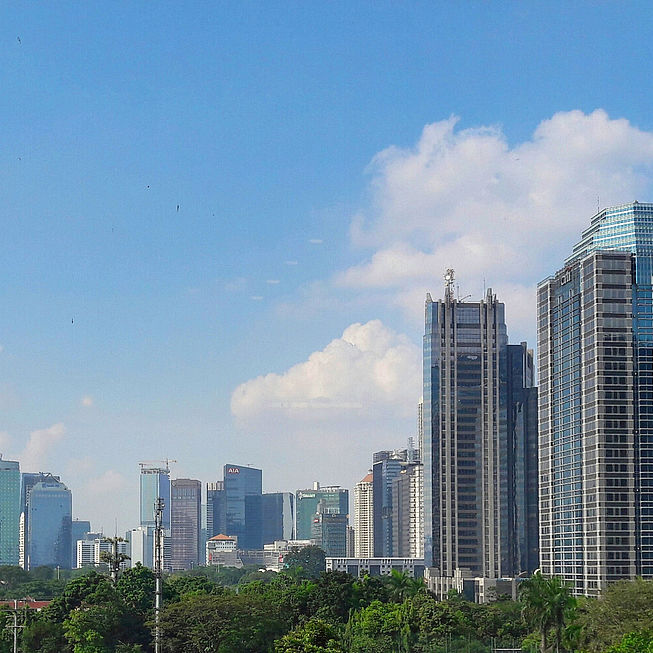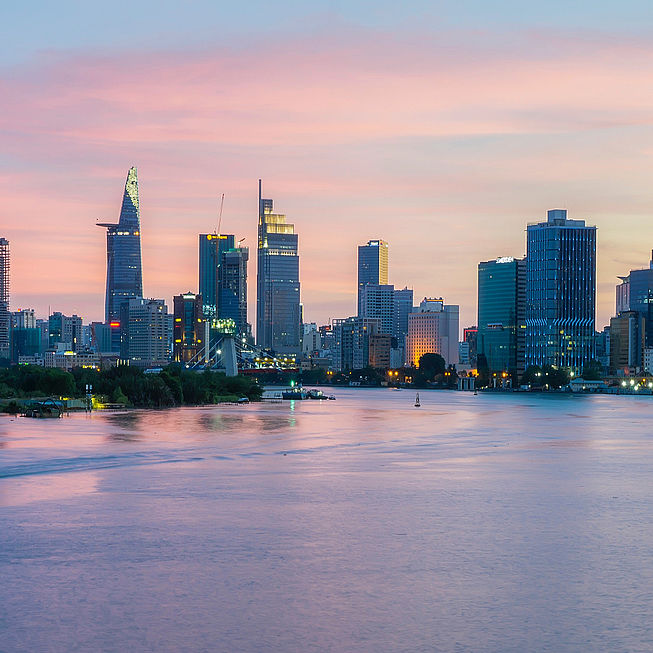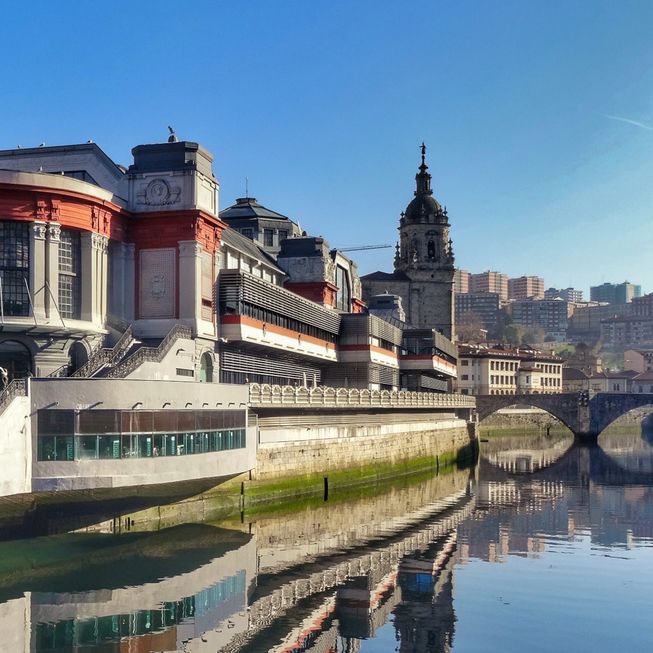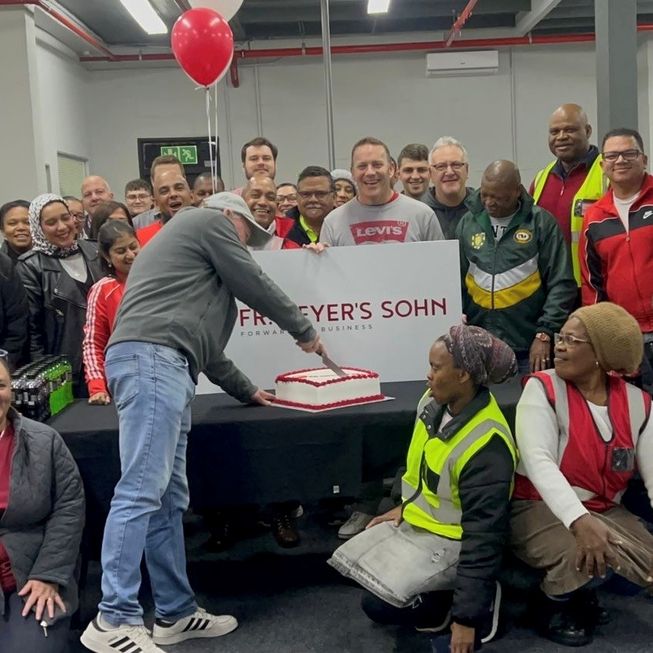Was?
IMO2020 ist das erste und größte Vorhaben der IMO zur Reduzierung der Emissionen als Reaktion auf den Klimawandel. Die IMO2020-Emissionsverordnung legt fest, dass Schiffe ihre Emissionen sowohl auf hoher See als auch in Küstengebieten deutlich reduzieren müssen. IMO2020 bezieht sich auf die Verordnung der Verwendung von schwefelarmem Kraftstoff. Bisher konnten die Schiffe Treibstoff mit einem Schwefelgehalt von bis zu 3,5 Prozent verwenden. Ab 2020 muss dieser Schwefelgehalt 0,5 Prozent oder niedriger sein. In einigen Emissionskontrollgebieten in Europa und Nordamerika bleiben strengere Schwefelvorschriften von 0,1% bestehen.
Wann?
Die neue IMO2020-Emissionsverordnung wird am 1. Januar 2020 in Kraft treten. Um sie jedoch am 1. Januar umzusetzen, müssen die Reedereien ihre Schiffe im vierten Quartal 2019 umrüsten.
Warum?
Diese neue Verordnung wird den ökologischen Fußabdruck der Schifffahrtsindustrie deutlich verbessern. IMO2020 wird die Schifffahrtsbranche deutlich umweltfreundlicher machen.
